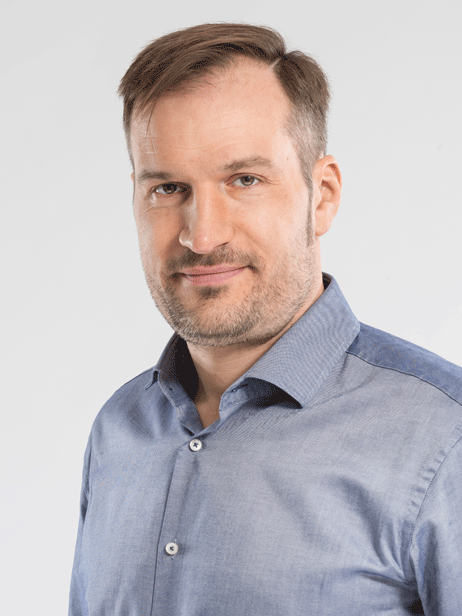Do you know the kind of person who very visibly participates in demonstrations against climate change? The kind of person who drove to the demonstration. And this same demonstrator has already flown 20 times this year. They keep quiet about the flying, but like to advertise their marches in defense of the planet.
But the truth comes out eventually: their main reason for participating in the march was to be able to share the experience on social media. Getting likes on Facebook is a dopamine hit for the good person like a shot of heroin for an addict. This explains why both these things are so addictive.
Climate change, immigration, vegetarianism and many other things provide the ideal forum for declaring “I’m a good person.” In public debate, even the worst arguments can be forgiven when they present the good side in a flattering light.
Sometimes, however, a person’s words and deeds contradict each other so much that behavioral scientists start to take an interest. High talk, low blows, as the Americans call it, is a psychologically interesting phenomenon.
Social desirability
Nice person syndrome is a modern form of image management. A very descriptive term for this phenomenon is virtue signaling. More important than how things really are is how they appear.
After all, there are always plenty of brownie points just waiting to be collected. And just what kind of person in on the hunt for them? What motivates such behavior?
Social desirability is a promising explanation for it. Psychologists who study personality have long recognized the human need to paint a virtuous, moral and upstanding image of ourselves. This might go a long way toward explaining good person syndrome.
This syndrome, or illusion, is often seen clearly when carrying out personality assessments. Some people place themselves above others when it comes to morality and virtue. Part of the illusion is just childish naivety, but another part is cold calculation.
The problem is that this virtue signaling comes across in the person’s words, but not in their actions. In this respect, social desirability is very closely connected to good person syndrome. The main thing is keeping up appearances.
Other contributors to good person syndrome might be lack of self-knowledge and the addictive rewards of social media activity. When the likes on Facebook just keep rolling in, the virtuous facade pays off.
Good people in business too
An interesting equivalent is found in supervisory work. Many a supervisor who is eloquent but low on empathy and high on self-interest is keen to answer questions about how they react to criticism by saying something like, “Of course I can take criticism, and I approach things with the person’s best interests in mind.”
Empty blather about ethics is often just a mishmash of consultant’s jargon and phrases from leadership guides. However, the actions of such a person fail to live up to the lofty talk.
And in the same way as behavior on social media is driven by the persistent desire for instant approval, the decisions made by supervisors with a narcissistic streak are praised by yes-men and yes-women no matter how terrible they are. The neural mechanism is exactly the same – it is just the location that is different.
The most astonishing thing about these illusions is the very same thing that is so astonishing about hypocrisy in general: the person is taken aback and often also offended when the contradictions in their behavior are pointed out to them.
The indignant reaction is often sincere, it seems – the person genuinely thinks they are exactly how they say they are. The only problem is that this person’s subordinates and colleagues take a completely different view of things. In other words, the problem is once again one of lack of self-knowledge, and a false self-image.
But in fairness, who among us is fit to cast the first stone?
If a person has good self-knowledge, they will give even a little bit of consideration to the consequences of their actions and take others into account, even when no one is watching. This would be a big step in the right direction. Easy to say, but hard to do.
Do such saints even exist? Perhaps, but they’re well camouflaged. That is why they don’t jump carelessly into things, ego first.
If I had to guess, I would say that they’re quite ordinary, everyday people, and that they understand that themselves. And they don’t shout their virtues from the rooftops.
– – – – – – –
P.S. I must admit that I cycle to work myself. Of course, it would be nice to communicate this publicly as meaning “I do this just for the climate.” The truth is I don’t – I mainly do it for myself and my health. For some reason, saying that aloud doesn’t earn as many thumbs-ups.


